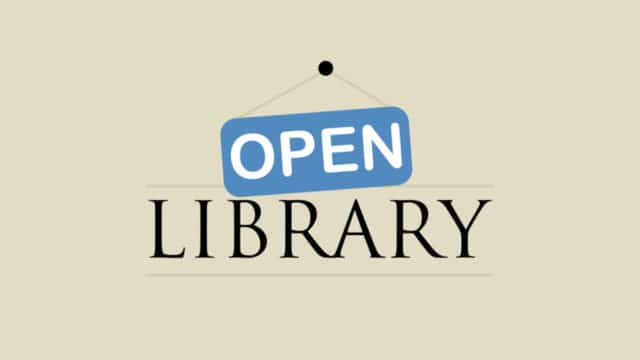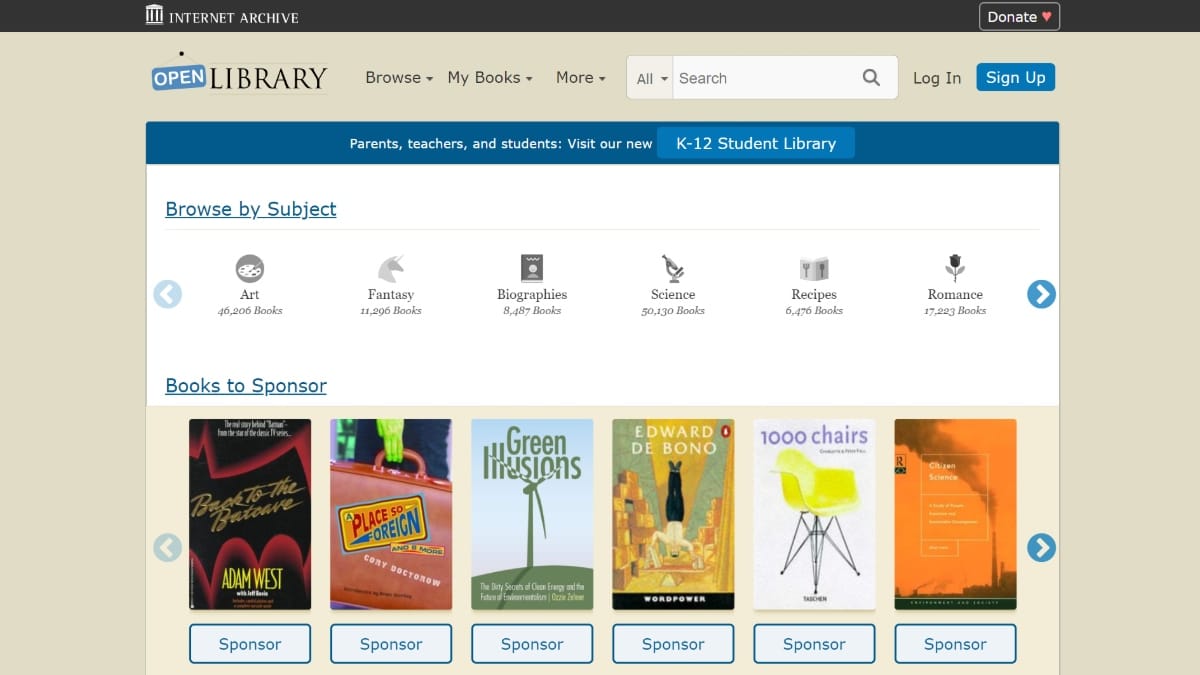The popular American non-profit digital library Internet Archive (IA) is facing a copyright lawsuit from four members of the Association of American Publishers (AAP).
It’s alleged that the IA freely scans and distributes the in-copyright work of authors through the Open Library Project without any explicit permission or providing compensation.
The list of plaintiffs includes Hachette Book Group, HarperCollins Publishers, John Wiley & Sons, and Penguin Random House. In a press release, the publishers said that IA’s copyright infringement activity is done at a massive scale and appears “to make it one of the largest known book pirate sites in the world.”
What is the Open Library Project?
The Open Library Project was founded back in 2006, and since then, it has provided access to free Ebooks on the web. The free online library primarily offers out-of-print books or the ones that are in the public domain.
A new chapter called National Emergency Library was added to the project in March this year when the Coronavirus pandemic started to show its true colors. National Emergency Library hosts a temporary collection of ebooks and doesn’t limit the number of users accessing it. It is an attempt to compensate for the closed physical libraries.
How Open Library provides free Ebooks?
Internet Archive scans physical copies of books and uploads them to its platform. Thus, it manages to get around the licensing restrictions applicable to physical libraries. Also, it doesn’t purchase and distribute digital copies of ebooks, which rules out the possibility of any licensing agreement with the publishers.
To provide Ebooks, Internet Archive follows a “controlled digital lending” model where only a limited number of users can access digital copies of books at any given time, while others wait for their turn.
In other words, if IA keeps lending only one digital copy of each book at a given time, it shouldn’t be at fault.
Also, it’s work falls under fair usage as long as it’s trying to spread knowledge to all the people across the globe. However, conflict still exists on what can be termed as fair use, and of course, the publishers don’t share thought with the non-profit.
The Chaos
While labeling the scanning as “stealing,” the publishers allege that current copyright laws do not support the way Internet Archive collects and distributes ebooks on this platform.
The publishers said that the lawsuit isn’t about any aging title or any public domain book, but the fact that Internet Archive distributes more recent in-copyright work of authors, which in turn degrades its commercial value.
It’s not just AAP; similar concerns were raised by Authors Guild earlier this year. Also, this is not the first time the two organizations have spoken against the Internet Archive.
“You cloak your illegal scanning and distribution of books behind the pretense of magnanimously giving people access to them. But giving away what is not yours is simply stealing, and there is nothing magnanimous about that,” Authors Guild said in an open letter.
Authors Guild also argued that authors and publishers have dedicated channels where they provide digital books to the readers. If the rightful owners want, they can give away their books anytime, Intenet Archive doesn’t need to do that, it said.
On the other hand, the Internet Archive’s founder Brewster Kahle said that the lawsuit is “disappointing” and hopes that the issue will be resolved quickly, according to The Verge.
“As a library, the Internet Archive acquires books and lends them, as libraries have always done.”
“This supports publishing and authors and readers. Publishers suing libraries for lending books — in this case, protected digitized versions, and while schools and libraries are closed — is not in anyone’s interest.”


